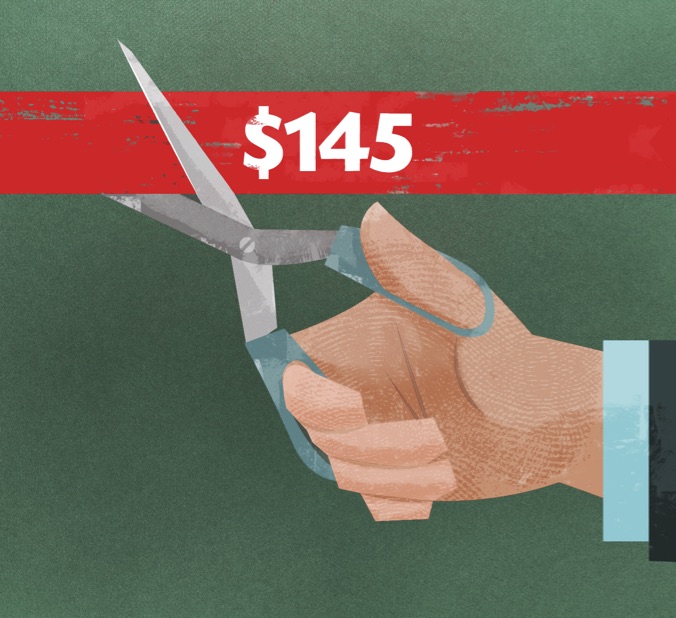
International application fee exemptions a positive gesture
The weeks since the inauguration of United States President Donald Trump have been tumultuous and characterized by controversial policies, “alternative facts” and widespread protests. But nothing has inspired as much global vitriol as Trump’s Jan. 27 executive order, which banned citizens of seven predominantly Muslim countries from entering the U.S.
The order restricts citizens from Iran, Iraq, Libya, Somalia, Sudan, Syria and Yemen from entering the U.S — even those with valid visas or U.S green cards. But as judges and politicians continue to block and condemn the order, it’s alarming that the U.S. administration is working so hard to restrict access to the country from many who are seeking refuge from war or have visas to visit, work or live in the U.S.
The University of Calgary responded to the ban on Feb. 2 by announcing that it would waive application fees for prospective students affected by it. This also applies to current students who wish to transfer out of the U.S.
“Within the university community, our diversity is our strength,” U of C president Elizabeth Cannon said in a Jan. 30 statement condemning the ban.
This is something the U of C community needs to hear. There are students and faculty members who are personally affected by the ban and it’s important that the university takes a public stance against this discriminatory executive order.
The move won’t cost the U of C much. Application fees for international students are $145, which is a small cost compared to the fees international student pay. International students often pay over twice as much Canadian students, since their tuition isn’t subsidized to the same extent as local students. Admitting more international students is ultimately financially beneficial to the U of C.
While waiving the application fees sends an important message of inclusivity, more can be done to address the hardships faced by those affected by the ban. The university should also invest in other solutions for its community members who are affected and encourage student initiatives that respond to this ban.
For example, the University of British Columbia devoted $250,000 to a task force to help students, staff and faculty affected by the ban. This large financial contribution provides longer-term strategies and support. The U of C should consider a similar approach to help researchers and students who are affected.
Students are also stepping up to make their voices heard. In partnership with other law schools across the country, students at the U of C’s Faculty of Law participated in a research-a-thon on Feb. 4 to research and summarize important documents that can be used to help refugees seeking asylum in Canada.
The U of C deserves to be commended for its policy and for vocally denouncing the travel ban, which affects many members of its community. While waiving application fees is mostly a gesture — it takes very little to implement and costs the U of C far less than other initiatives — it’s far from an empty one. Everyone deserves the opportunity to live in a place free from fear and persecution based on their ethnicity or religion.
The U of C and other universities across the country have made their positions clear, but more can always be done. Citizens have been vocal in their outrage, but we must stay vigilant, as the xenophobic rhetoric from the past few weeks doesn’t seem to be ending anytime soon.
Hate and discrimination cannot be allowed to win. Our only chance is acting together.
Jason Herring, Gauntlet Editorial Board
